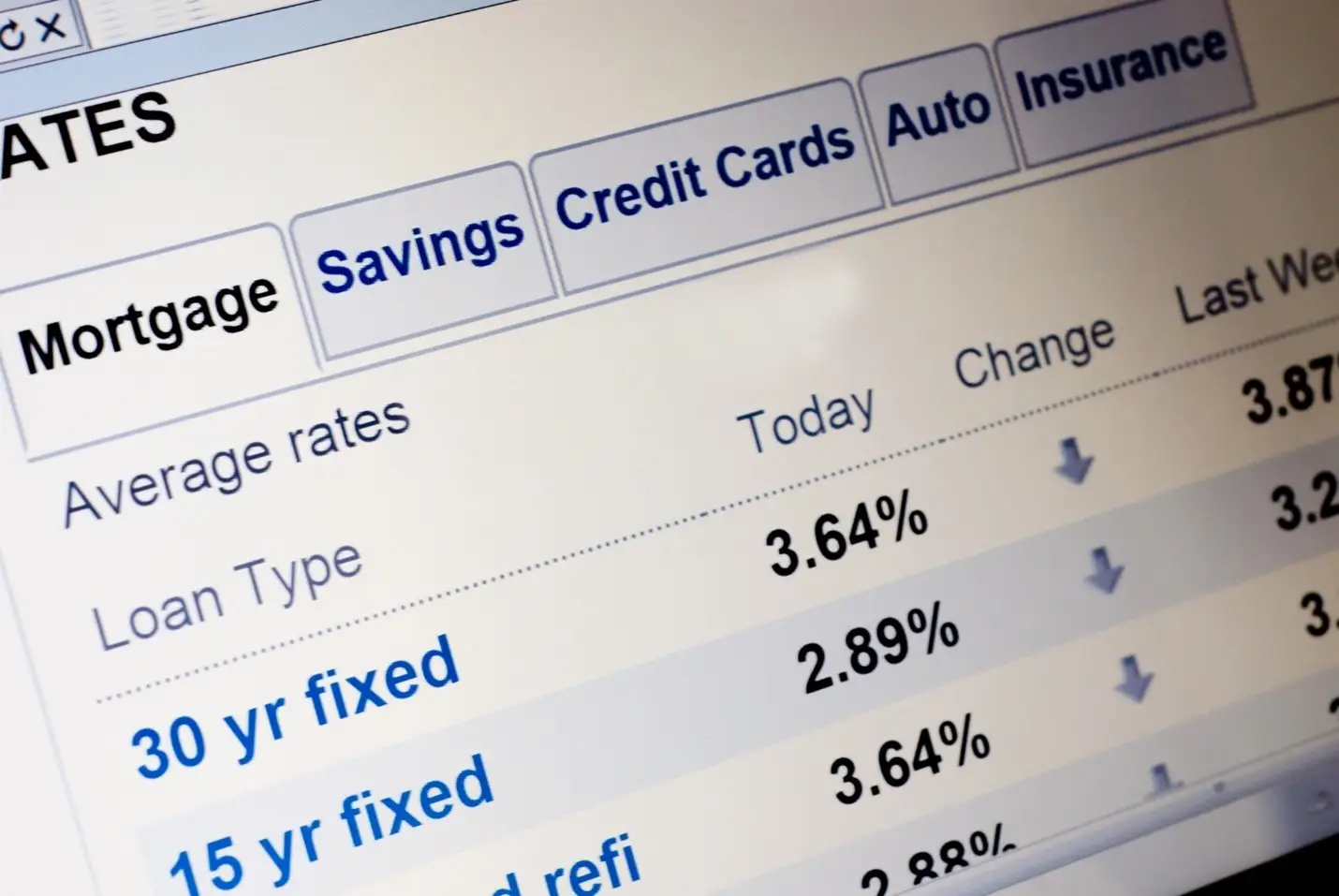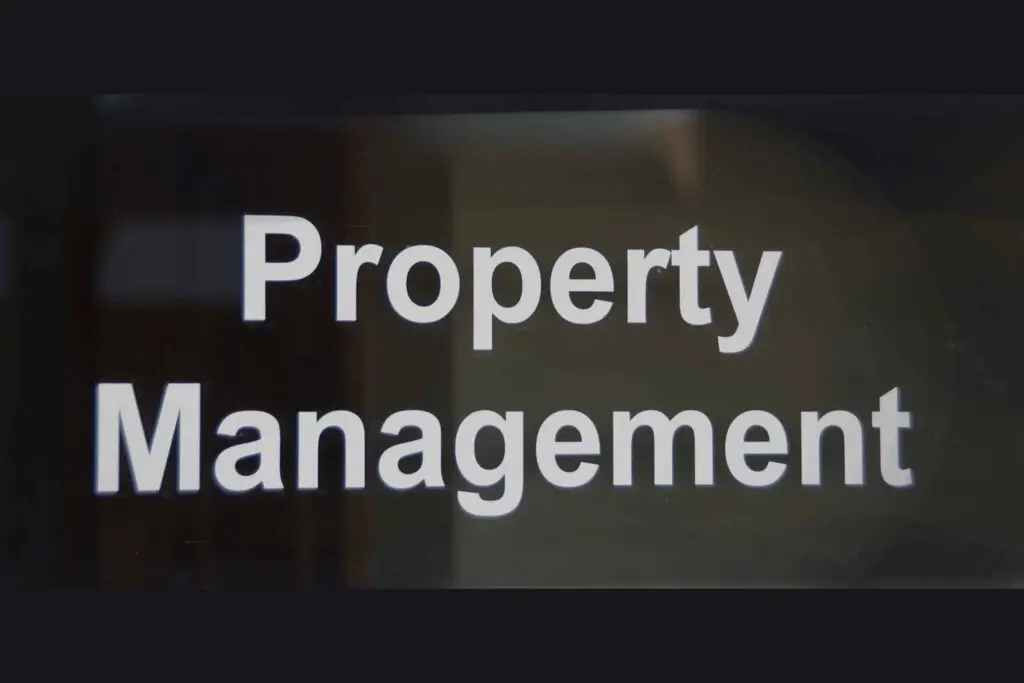If you’re planning to invest in real estate in Texas, choosing the right mortgage is crucial. The mortgage you select can significantly impact your return on investment. Whether you are a pre-retiree looking to diversify your portfolio or a high net worth individual seeking steady income, finding the right mortgage is essential.
High net worth individuals often look for investments that provide both income streams and capital appreciation. Real estate in Texas offers both, but understanding different types of mortgages and their implications can help you make informed decisions. Self-directed IRA holders and expatriates will also find valuable advice on choosing the most suitable mortgage for their investment goals.

For retirement planners and financial advisors, guiding clients through the complex mortgage market can help you offer comprehensive services. Real estate investment clubs and small to medium investment groups can benefit from pooling resources to secure better financing options. Entrepreneurs, individual investors, real estate professionals, property managers, and developers will also find practical tips on securing the best mortgage for their needs.
Understanding how different mortgage types work and what factors to consider can make a big difference in your investment success. This guide will help you navigate the choices and find the best mortgage for your Texas investment property.
Understanding Different Types of Mortgages

Fixed-Rate Mortgages
A fixed-rate mortgage has a constant interest rate for the entire term of the loan. This means your monthly payments will remain the same, making it easier to budget. Pre-retirees and recent retirees may prefer this type of mortgage for its stability. High net worth individuals often choose fixed-rate mortgages for predictable cash flow.
Adjustable-Rate Mortgages
An adjustable-rate mortgage (ARM) has an interest rate that changes over time. Initially, the rate is lower, but it can increase or decrease based on market conditions. Entrepreneurs and individual investors might find ARMs attractive for short-term investments. However, this type of mortgage is riskier due to the potential for higher payments in the future.
Interest-Only Mortgages
With interest-only mortgages, you pay only the interest for a set period, usually 5-10 years. After that, you start paying both principal and interest. This can lower your initial payments. Real estate investment clubs might opt for interest-only mortgages to maximize cash flow early on. However, these mortgages come with the risk of higher payments later.
Government-Backed Loans (FHA, VA, USDA)
Government-backed loans are insured by the federal government. FHA loans are good for buyers with lower credit scores. VA loans are for veterans, offering no down payment. USDA loans are for rural properties. Expatriates and overseas investors might find FHA loans helpful due to their flexible terms. Retirement planners can also recommend these loans to clients who need easier qualification terms.
Factors to Consider When Choosing a Mortgage

Interest Rates
Interest rates affect your monthly payment and overall loan cost. A lower rate means lower payments and less money spent over the life of the loan. Higher rates can make a loan more expensive. Self-directed IRA holders should compare rates from multiple lenders to find the best deal. Real estate professionals can also use their expertise to secure favorable rates for their clients.
Loan Terms
The term of your loan can range from 15 to 30 years or more. Shorter loan terms usually have higher monthly payments but lower overall costs. Longer terms have lower payments but higher total costs due to interest. High net worth individuals may prefer shorter terms to pay off the loan quickly. Small to medium real estate investment groups might choose longer terms to keep monthly payments manageable.
Down Payment Requirements
Different mortgages have different down payment requirements. Traditional loans may require 20% down, while government-backed loans may require less. Expatriates and overseas investors will want to know how much they need upfront. Entrepreneurs starting their ventures might look for loans with lower down payment options to save cash for other investments.
Monthly Payment Calculations
Understanding how your monthly payment is calculated helps in planning your budget. Payments typically include principal, interest, taxes, and insurance. Pre-retirees and recent retirees can benefit from knowing their exact monthly obligations. Retirement planners can use these calculations to provide clients with accurate financial plans.
Prepayment Penalties
Some loans have prepayment penalties for paying off your mortgage early. This can affect your decision if you’re planning to sell the property soon. Property managers and developers should be aware of these penalties to avoid unexpected costs. Entrepreneurs and individual investors should read the fine print to understand all potential charges.
Best Practices for Securing a Mortgage

Checking Credit Scores
A good credit score can help you secure a better mortgage rate. Before applying, check your credit score and report for any errors. Pre-retirees and recent retirees should ensure their credit scores are high to get favorable loan terms. High net worth individuals might also benefit from monitoring their credit to leverage the best mortgage deals.
Comparing Multiple Lenders
It’s essential to shop around and compare offers from different lenders. Each lender may have different rates, fees, and terms. Real estate investment clubs and associations should compare multiple lenders to find the best financing options. Expatriates and overseas investors should also seek multiple quotes to secure the best deal.
Understanding Closing Costs
Closing costs can include fees for appraisals, inspections, and loan origination. Being aware of these costs helps you budget accurately. Self-directed IRA holders need to understand closing costs to avoid any surprises. Retirement planners can also guide their clients to consider these costs in their investment strategies.
Getting Pre-Approved
Getting pre-approved for a mortgage gives you a clear picture of how much you can afford. It also shows sellers that you are a serious buyer. Entrepreneurs and individual investors should get pre-approved to streamline the buying process. Property managers and developers can use pre-approval to quickly secure properties.
Hiring a Mortgage Broker
A mortgage broker can help you navigate the complex mortgage market. They have access to various loan products and can find the best match for your needs. Small to medium real estate investment groups can benefit from a broker’s expertise. Real estate professionals like realtors and brokers might also partner with mortgage brokers to offer additional value to their clients.
Tailoring Your Mortgage Choice to Your Investment Strategy

Long-Term vs. Short-Term Investment Goals
Your investment goals significantly impact your mortgage choice. For long-term investments, fixed-rate mortgages provide stability. High net worth individuals looking for steady income might favor this option. Short-term investors might prefer adjustable-rate or interest-only mortgages for lower initial payments.
Assessing Risk Tolerance
Understanding your risk tolerance helps in selecting the right mortgage. Fixed-rate mortgages are less risky but may have higher interest rates. Adjustable-rate mortgages offer lower initial rates but come with the risk of rate increases. Self-directed IRA holders and retirement planners should consider their risk tolerance when advising clients.
Matching Mortgage Type to Property Use
Different properties may benefit from different mortgage types. For rental properties, adjustable-rate and interest-only mortgages can maximize cash flow. Real estate investment clubs might find these mortgages useful for properties they plan to sell quickly. High net worth individuals might prefer fixed-rate mortgages for primary residences.
Tax Implications
Mortgages have tax implications that can affect your overall investment returns. Interest payments on mortgages can be tax-deductible. Expatriates and overseas investors should consult tax advisors to understand these benefits. Retirement planners can also help clients to consider tax implications when choosing a mortgage.
Planning for Future Investments
Think about how your current mortgage choice will affect future investments. Flexibility in your mortgage can allow for refinancing or leveraging equity. Entrepreneurs and individual investors should plan their mortgage strategy with future growth in mind. Property managers and developers can use this approach to expand their real estate portfolios more effectively.
Conclusion

Choosing the right mortgage for your Texas investment property is a crucial step in maximizing your returns. Understanding the different types of mortgages and the factors to consider can help you make an informed decision. From checking credit scores to comparing multiple lenders, each step is important for securing the best mortgage terms. Tailoring your mortgage choice to your investment strategy ensures that your financial goals align with your property investments.
Ready to choose the right mortgage and maximize your returns? Contact Elysium Real Estate Investments LLC today for expert advice and personalized strategies from a property investment advisor to help you achieve financial success in the Texas real estate market.
Disclaimer: The information in this blog, “Choose the Right Mortgage for Your Texas Investment,” is for general informational purposes only and does not constitute financial, legal, or professional advice. While we strive to ensure the accuracy and reliability of the content, we make no representations or warranties of any kind, express or implied, about the information’s completeness, accuracy, or suitability. Readers are encouraged to seek professional advice tailored to their circumstances before making any financial or investment decisions. The authors and publishers of this blog are not liable for any losses or damages arising from the use of this information.
LEARN TO INVEST WITH US.
We accept queries from accredited domestic and foreign investors seeking single and small multifamily investment opportunities.









